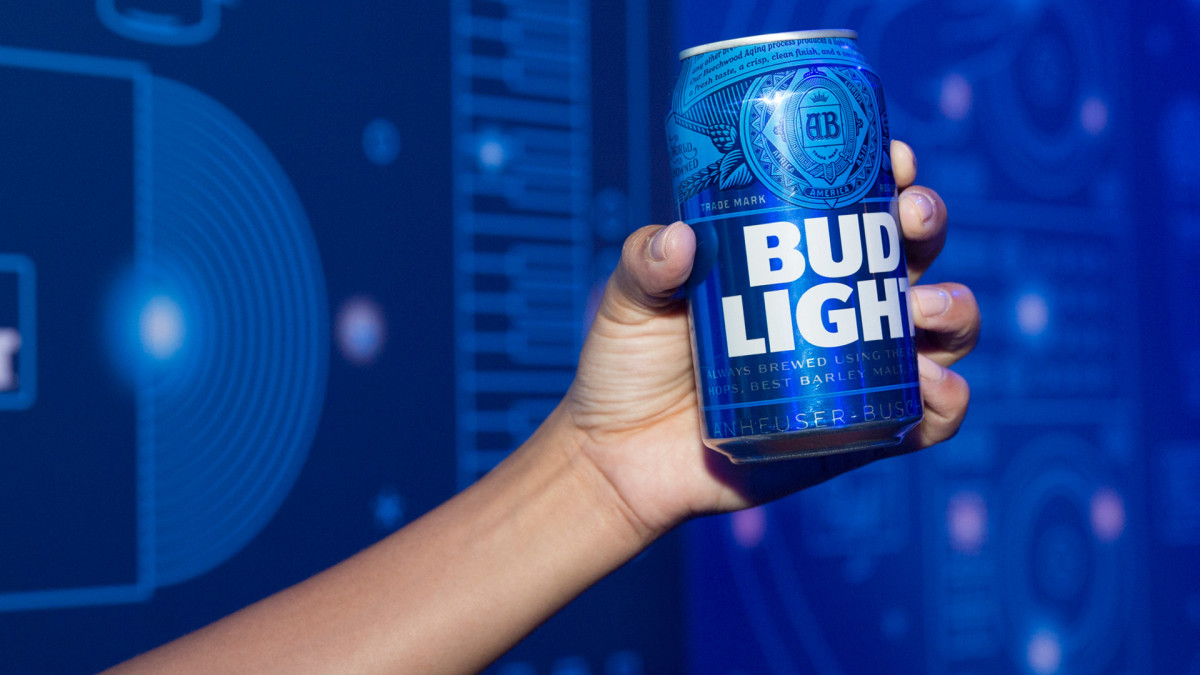
People like to act offended, but many of them won't actually change their behavior because they are.
That's why it was somewhat shocking that the Kid Rock-inspired boycott of Anheuser-Busch InBev (BUD) -) over its partnership with transgender social media influencer Dylan Mulvaney worked so well. The beer brand lost roughly 26% of its sales on what has now become an extended basis.
Related: Key Walmart and Kroger supplier files Chapter 11 bankruptcy
That's not usually what happens, according to a new study from 1World Sync.
"While nearly a third (32%) of consumers sometimes or often factor in brand politics during purchases, only 17% have stopped purchasing a brand because of its political stance or related campaigns," according to the report.
In the case of Bud Light, the ease of replacing the brand with a similar product likely played a role in what the boycott has been so successful. That's not the case with other brands which have found themselves facing an anti-woke backlash.
Parents, for example, may not support Walt Disney's (DIS) -) inclusive stance on LGTBQ+ issues and people, but their kids probably still want to watch the company's content. There's no easy replacement for the Disney brand when it comes to entertaining kids and Disney World remains a family destination even if some of those families don't agree with some of the company's politics.
Similar arguments can be made for Target (TGT) -) and Starbucks, which have faced boycotts that have not been nearly as successful as the one that has perhaps irreparably hurt Bud Light's sales.
1WorldSync CEO Steve Sivitter did an email interview with TheStreet to dive deeper into why the "go woke, go broke" movement hasn't been effective outside of Bud Light.

Image source: Arturo Holmes/Getty Images for Disney Dreamers Academy
A deep dive into anti-woke boycotts
TheStreet: If this data is accurate, why did the Bud Light boycott work?
Steve Sivitter: While 1 in 6 consumers boycotting brands based on a social or political position may seem small, the number still represents millions of voices willing to vote with their wallets if compelled. Even a minority of customers can significantly impact a brand’s bottom line.
There's also the harder-to-quantify and less direct impact of consumers who may not have had strong feelings about the controversy but avoided the brand simply because there was a controversy.
TheStreet: Does this mean companies can ignore boycotts?
Sivitter: Although our survey data shows that most U.S. shoppers won’t base their buying decisions on a political stance or social issue conveyed by a brand, this statistic doesn’t mean companies can sidestep boycott threats.
A small political or social movement can shift the market, and it remains essential for companies to stay in tune with consumer sentiment (which is dynamic, not static) to make informed decisions about their response. A perceived disconnect from consumer sentiment can damage a company’s reputation and hamper its ability to attract and retain customers.
TheStreet: Did Target go too far in removing merchandise because of protests?
Sivitter: That’s difficult to say, as the company states its primary reasons for tactical changes were centered around the safety and well-being of its employees who experienced threats of violence.
TheStreet: Why do you think this disconnect between beliefs and actions exists?
Sivitter: Successfully building an authentic brand identity recognized by key target markets takes a commitment to values, internal buy-in, and messaging discipline via product content and advertising. Those elements cannot be part of a flash-in-the-pan campaign and must be integral to a long-term brand strategy. Absent those elements, companies risk walking a difficult tightrope and drawing the ire from all sides of an issue.
TheStreet: Do you think we will see more boycotts because of the Bud Light situation?
Sivitter: Consumer boycotts have existed practically as long as capitalism. We’ll see boycotts in the future, driven by polarization and the amplifying effects of social media. Digital platforms make it easier than ever before for individuals and groups to mobilize, communicate and voice their concerns to brands.







